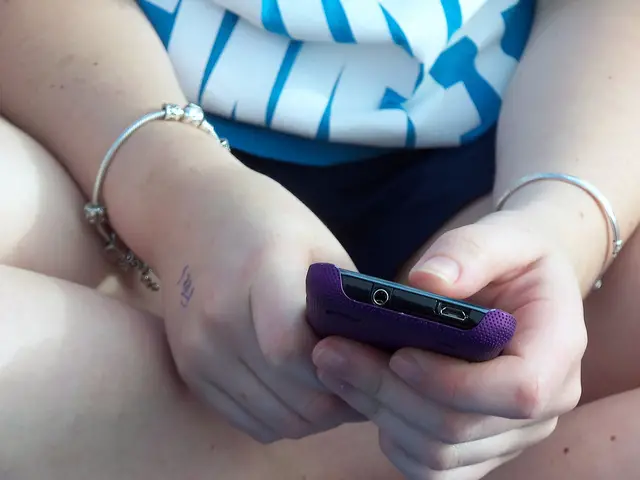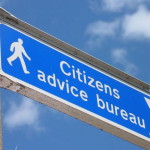Penny shares this latest news from the NSPCC. Ed
Childline carried out an average of 62 counselling sessions a day on suicide in the South East last year as more young people across the UK reached crisis point and contacted the service for help.
The NSPCC’s round-the-clock service delivered 22,456 counselling sessions – up 15 per cent from the previous year – with children, the youngest aged ten, who were tormented by suicidal thoughts.
Initial suicidal steps taken
Volunteers at Childline held 2,061 counselling sessions – a nine per cent increase- with actively suicidal young people who had taken initial steps to take their own lives, such as writing a note, giving away meaningful items, or planning their death.
One 14-year-old girl told a counsellor:
“I want to end it tonight. I’ve written a suicide note and have everything ready.”
Concern of sexual/gender identity
One 13-year-old boy told a counsellor:
“I came out to one of my friends recently, I thought I could trust him but he told other people at school. Now everybody knows and I wasn’t ready for that.
“I’m being bullied constantly and I don’t know how to make it stop. I would tell a teacher but I don’t want to have to talk about my sexuality with school.
“It’s all got so overwhelming before that I’ve thought about just ending it all.”
Young people shouldering their troubles
The NSPCC has warned that without appropriate support for young people, many are shouldering their troubles singlehandedly and turning to Childline only when they reach crisis point.
Suicide is the third most common reason for girls to contact Childline, and the fifth most common for boys. Mental health issues, family relationships, and self-harm were the top three additional concerns mentioned during suicide counselling sessions.
Monday evenings
Young people were most likely to be counselled about suicidal thoughts and feelings on Monday evenings, and the majority of children confided to counsellors online, via the charity’s 1-2-1 chat service, or by email.
Some young people who contacted us said they had previously asked for professional support and some asked counsellors to act on their behalf and help them get the help they needed more quickly.
Become a Childline counsellor
The NSPCC is now calling on members of the public to volunteer as Childline counsellors. By offering their time they could help a child and even potentially save a life.
In the south east, Childline has a base in Hackney, London.
Childline ‘literally a lifeline’
Childline founder and President Esther Rantzen said:
“Today’s tragic statistics prove that Childline is more crucial than ever and, for some, literally a lifeline.
“When Childline launched over 30 years ago, I remember children usually felt suicidal because they were being hurt by someone. Now young people tell us they are overwhelmed by mental health issues taking them to the brink of suicide. We must discover why so many of our young people feel so isolated they turn to Childline because they believe no one else cares about them.
“I would urge members of the public to consider becoming a Childline volunteer. Anyone who can lend a few hours to this vital service could end up saving a child’s life.”
Young people overwhelmed by their problems
NSPCC CEO Peter Wanless said:
“We must face the painful reality that many young people feel so overwhelmed by their problems they have considered taking their own, precious lives. We have never seen figures like these before and they are a blunt wake up call.
“Young people must know life is worth living and they can lead a life rich in possibilities and happiness. When they are suffering from problems it’s vital they get the right help swiftly before these issues snowball into suicidal feelings or even attempts to end their lives. I would urge any child who is feeling this way to take that first step and talk to Childline; our counsellors are always there for them.”
Help is at hand
Childline is available on Freephone 0800 1111 24/7, and offers a confidential service to any child, or by contacting www.childline.org.uk, for counselling chat, emails or message boards.
Image: summerskyephotography under CC BY 2.0





